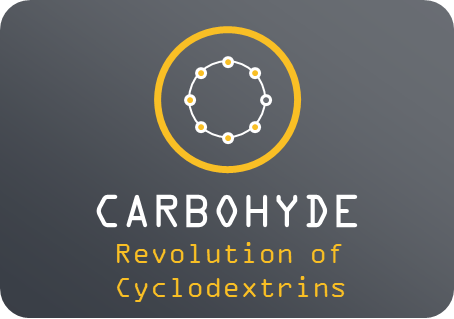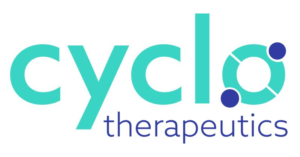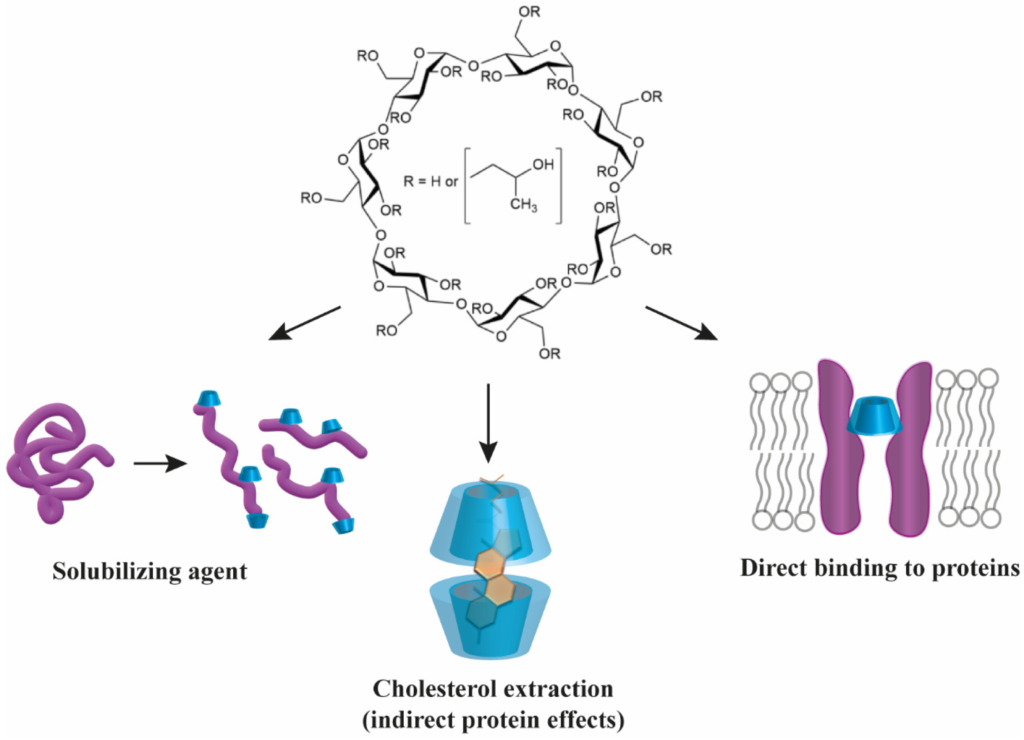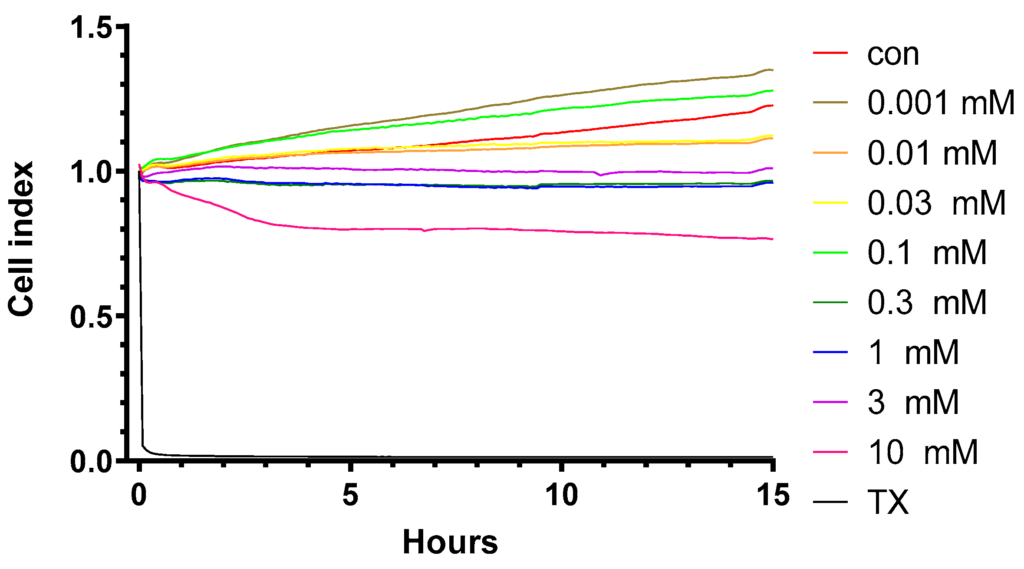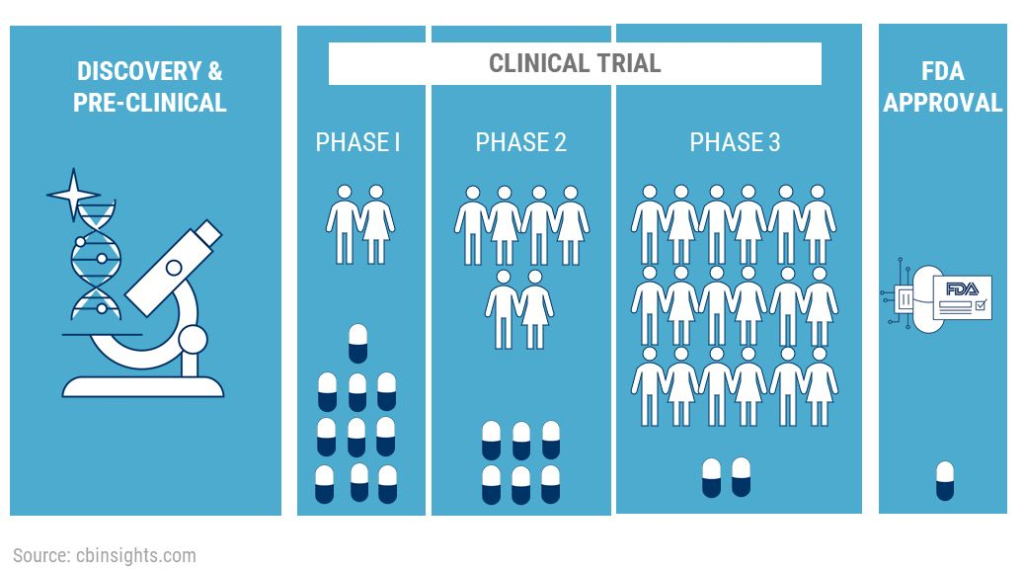Lilly drug slows Alzheimer’s by 35%, bolstering treatment approach
Lilly’s Alzheimer’s drug donanemab slows cognitive decline by 35% in PhIII
An experimental Alzheimer’s drug developed by Eli Lilly and Company slowed cognitive decline by 35% in a late-stage trial, providing what experts say is the strongest evidence yet that removing sticky amyloid plaques from the brain benefits patients with the fatal disease.
Lilly’s drug, donanemab, met all goals of the trial: It slowed the progression of Alzheimer’s by 35% compared to a placebo in 1,182 people with an early-stage disease whose brains had deposits of two key Alzheimer’s proteins, beta-amyloid as well as intermediate levels of tau, a protein linked with disease progression and brain cell death.
See the article on reuters.com: Lilly drug slows Alzheimer’s by 35%, bolstering treatment approach

